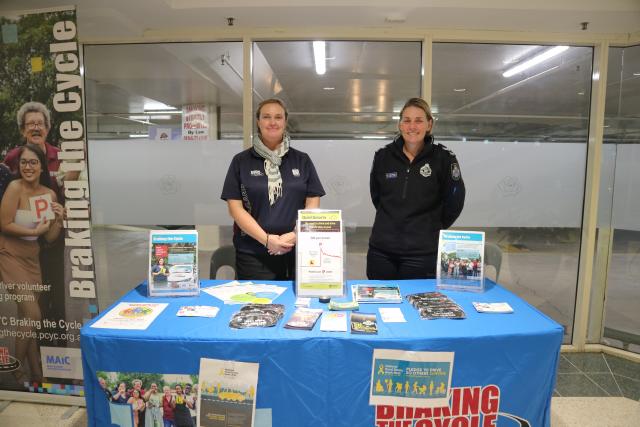By Emily-Rose Toohey
A Southern Downs Regional Council (SDRC) councillor has been monitoring the road fatality reports and is concerned about their infrequency.
Cr Andrew Gale said the reports are now being released monthly instead of weekly.
“Over the last two years, we’ve had a massive spike in accidents,” Cr Gale said.
“The last toll was up by 40 per cent.”
He said that extreme weather events, like recent flooding, have made driving to road conditions all the more important.
“To a certain extent we get used to driving at a certain speed, so we need to recognise when we need to adjust this speed when driving,” he said.
“People think the roads are a surface issue, but its the foundation underneath.”
Regarding the monthly fatality reports, Cr Gale said he was concerned that having less frequent raw data will mean the numbers are skewed.
“I’ve written to James Lister and asked him to speak with the Transport Minister as to why the reports are now coming out monthly.”
Member for Southern Downs James Lister said that the roads are 20 per cent contributed to by the Queensland Government and 80 per cent by the Federal Government.
“The Federal Government has more money on offer for roads,” Mr Lister said.
“People are always suspicious when the government changes how they release data.
“I have a meeting with the Minister for Transport and Main Roads – I am able to lobby the government when we’ve identified any issue, and a lot of advocacy has come from the Mayor.”
Fatality Free Friday will occur tomorrow, which hopes to go a day have with no road fatalities, and Cr Gale said it’s important to think about.
“It’s a day where we think about the choices we make on the road,” he said.
“There’s been massive rises in fines and that’s a legitimate tactic that may make people change their behaviour.
“Looking at statistics, there’s been a horrendous number of people who have failed to wear seat belts.”
Furthermore, Mr Lister said that rather than simply paying the costs of fixing the roads, there should be more investments in repairs that will stop the same damage from occurring again.
“There’s public interest that the roads need to be to a higher standard, it may mean doing extra drainage,” he said.
During National Road Safety week last week, a booth was set up by advocating for better road safety in collaboration with local police and Braking the Cycle Program Coordinator Suzanne Carey.







